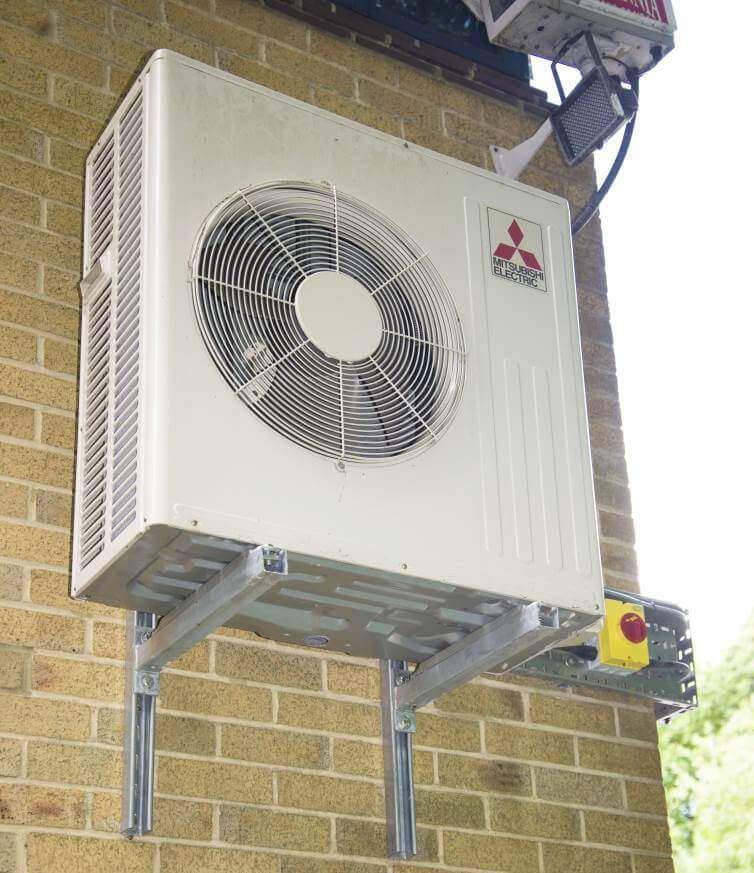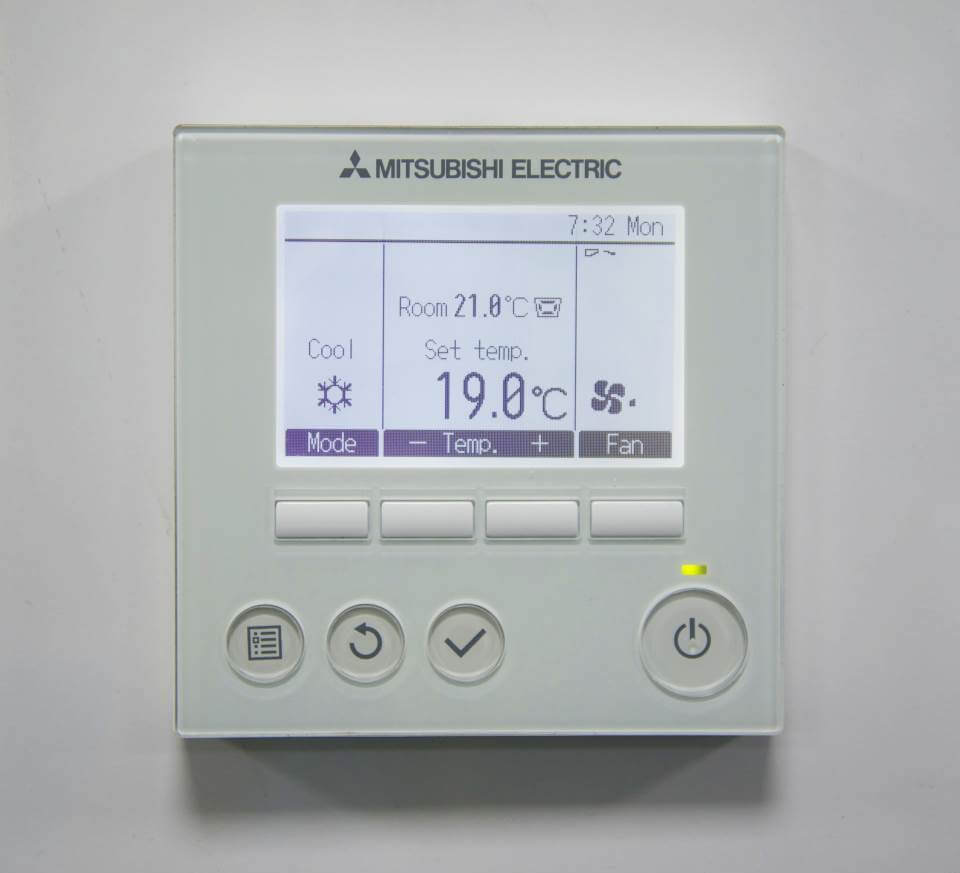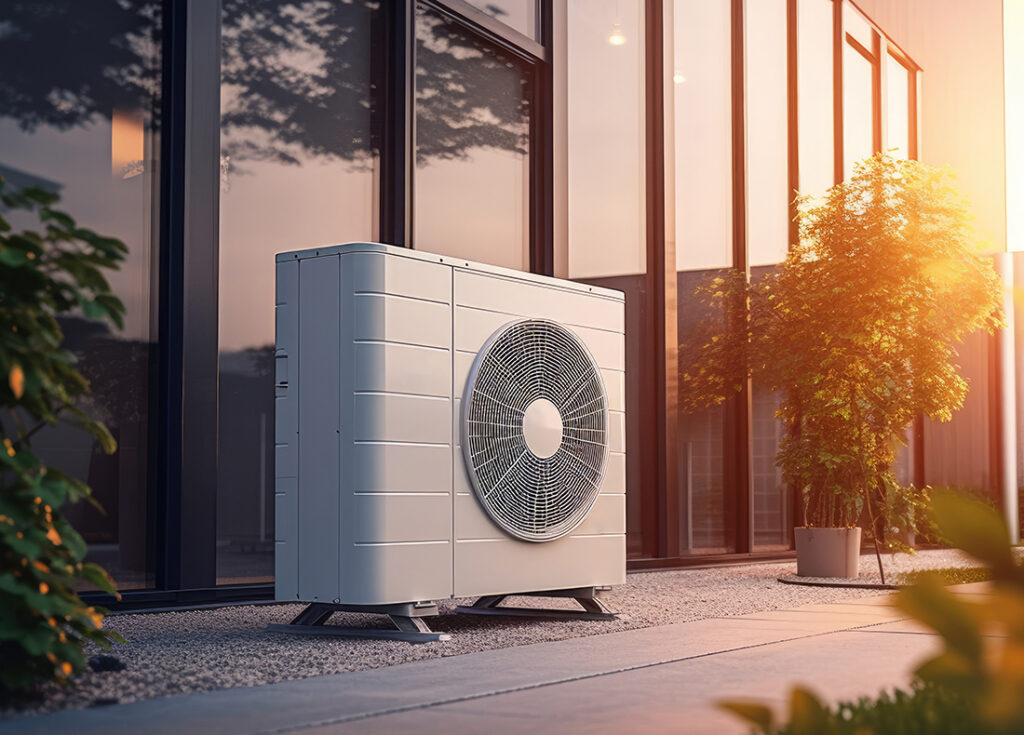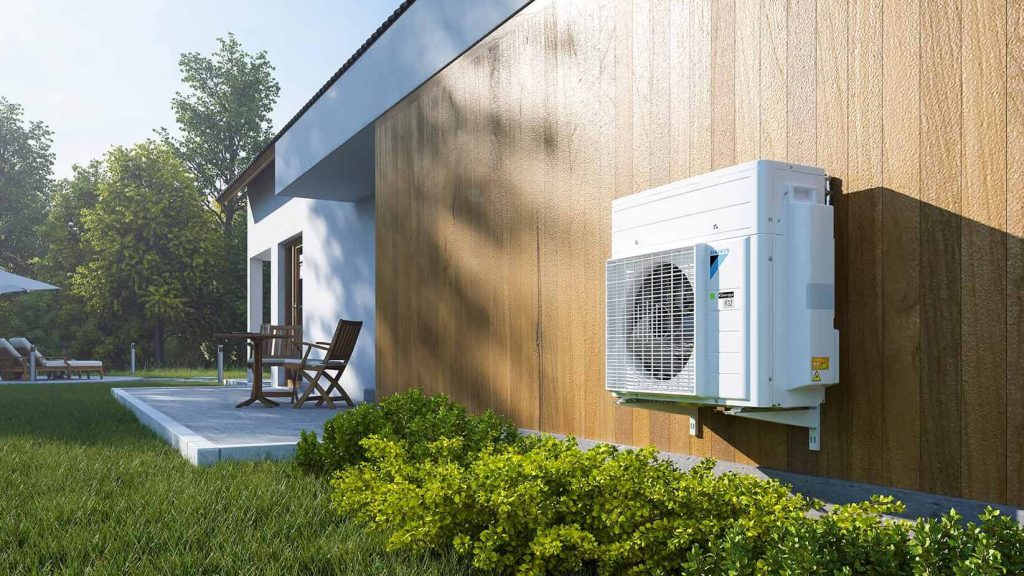What You Need To Know About Ventilation and Air Conditioning UK Legal Requirements

Estimated reading time 6 minutes
When it comes to UK legal requirements anyone who owns or manages a building and has an air conditioning system must be aware and understand their legal obligations with regards to ensuring “that every enclosed workplace is ventilated by a sufficient quantity of fresh or purified air”. They must also comply with the Energy Performance of Buildings (England and Wales) Regulations 2012, as amended in 2020 (the EPB regulations), the Chartered Institution of Building Services Engineers (CIBSE) TM44 guidance ‘TM44: Inspection of air conditioning systems: a guide to EPBD compliance and the Fluorinated Greenhouse Gas (F-Gas) Regulations and associated requirements.
This article will help you navigate the regulations that you need to be aware of when it comes to your air conditioning installation, inspection, and maintenance.
Ensuring Building Occupants have An Adequate Supply of Fresh Air
Under regulation 6 of the Workplace Health, Safety and Welfare Regulations, employers must meet regulatory requirements on issues such as ventilation, temperature, and lighting. As far as ventilation is concerned workspaces must be supplied with sufficient fresh or purified air.
The way in which good ventilation is achieved will depend on the building. Where mechanical ventilation is deemed to be the best option AC can ensure good air flow around a building.
Planning Permission
Where the installation of commercial air conditioning is required, the first step is to check if you’ll need planning permission. This will depend on the property e.g., if the building is a listed building, the type of AC you intend to install, the area surrounding your building and where the air conditioning will be installed.
You will also have to consider any local building regulations and whether noise pollution is likely to be a factor especially if the property is in a high population area where noise may cause issues and complaints.
Energy Performance of Buildings (England and Wales) Regulations / CIBSE TM44 Guidance
Once your air conditioning system is installed the Energy Performance of Buildings Directive (EPBD), a directive that requires Member States across Europe to put in place “measures to establish a regular inspection of AC systems of an effective rated output of more than 12 kW”, dictates that it must be regularly inspected by an energy assessor, no more than five years apart. This includes systems consisting of individual units which are less than 12kW, but whose combined effective rated output is more than 12kW.
In the UK the CIBSE TM44 is used as the guide for air conditioning inspections and describes the appropriate assessment methodology that should be used.
The energy assessor is responsible for inspecting the system with a view to providing information on how well your air conditioning system is functioning. They will provide feedback on how the system can be improved in terms of improving efficiency, energy consumption and operating costs. Where a system is old and coming to the end of its life, they may also suggest replacing it with a newer more energy efficient system.
Maintenance Inspections
As well as the inspections carried out by the Energy Assessor building owners have statutory obligations and a duty of care to make sure their air conditioning system is more regularly inspected, cleaned and maintained to ensure it continues to provide a comfortable and healthy environment for the building occupants.
Planned, preventative air conditioning maintenance is an effective way to make sure your AC system is well maintained, reliable and meets your legal obligations.
F-Gas Inspections
All owners who operate air conditioning and cooling systems which contain F-Gas, with a CO2 equivalent charge of 5 tonnes or more, are legally required to ensure their systems are F-Gas complaint. As part of F-Gas compliancy systems must be leak tested and a record of maintenance and servicing kept. The person appointed to carry out this type of work must hold a DEFRA approved Stationary Equipment Qualification Company Certificate (full certificate), issued by Refcom.
How often you the equipment is checked depends on the CO2 equivalent charge weight of the system:
- 5-50 tonnes and above – at least every 12 months
- 50-500 tonnes and above – at least every 6 months
- 500 tonnes and above – at least every 3 months
Penalties for Noncompliance
There are penalty charges if building owners do not comply with the various rules and regulations which govern air conditioning systems. Property owners must be able to provide an inspection report upon request, or within seven days of request, if they are to avoid a penalty charge.
In the case of regulation 31A of the Fluorinated Greenhouse Gases Regulations, operators who do not follow the rules could be looking at substantial fines e.g., the Environment Agency fined a London-based firm £1 million for breaching the F-gas Regulations.
Knowing and understanding the legal requirements for air conditioning is a serious matter for building owners. Ensuring your compliance with UK air conditioning rules and regulations should be a top priority.
Synecore For Air Conditioning and Refrigeration and Maintenance
Synecore are approved installers of the industry’s leading office air conditioning products by Mistusbishi Electric, Daikin and Toshiba. We operate throughout Kent, London and the UK, providing commercial and industrial clients with the very best in AC maintenance.
Synecore offers a commercial air conditioning Planned Preventative Maintenance (PPM) service. All PPM packages are tailor made for your business and are dependent on the size of the premises and the AC installed. As part of the PPM air conditioning package Synecore schedules site visits throughout the year to keep your AC performing at peak efficiency. The PPM package ensures your equipment is back up and running as soon as possible. Our customers receive high priority status for any air conditioning breakdowns and repairs, with an engineer onsite within hours of the fault being reported.
We make sure you are fully compliant with all other requirements such as CIBSE TM44 Assessments and the replacement of air conditioning systems containing R-22 refrigerants.
If you’re looking to install a new air conditioning installation or need to replace an old system, contact our team or call on 01795 509 509. We’ll talk you through your options and provide you with expert advice on the right office air conditioning system for your business.



